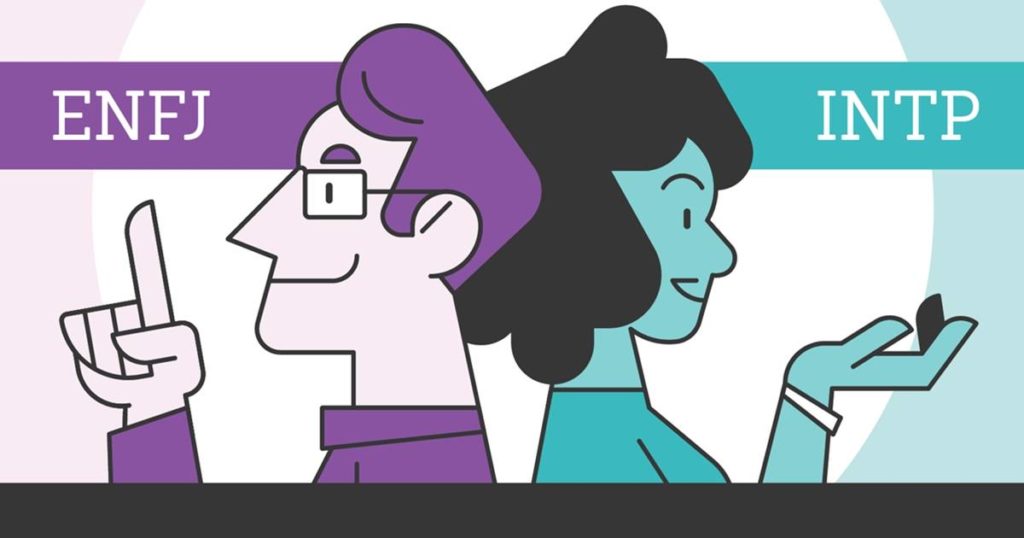People experience the world using four principal psychological functions—sensation, intuition, feeling, and thinking—according to Swiss psychiatrist Carl Gustav Jung, the founder of analytic psychology.
Based on Jung’s concepts of introversion and extroversion and his theory of personality types, US mother and daughter team Myers and Briggs created the Myers-Briggs Type Indicator (MBTI) personality test based on the following sets of four dichotomies:
- Introvert (I)/Extrovert (E)
- Intuitive (N)/Sensory (S)
- Thinking (T)/Feeling (F)
- Judging (J)/Perceiving (P)
Based on the results of MBTI questionnaires, individuals are classified as one of 16 personality types consisting of combinations of the above—e.g., INFP (Introvert, Intuitive, Feeling, Perceiving).
Myers-Briggs can have various business applications, such as helping determine what career path might be best for a person, who should be paired with whom in teams, what personality type might be best for an entrepreneur looking for the ideal business partner, and so on.
Complementary personality types working together can produce outstanding results, while incompatible personality types can hinder work. For example, depending on the task at hand, pairing someone who is highly methodical and introverted with someone who is spontaneous and extroverted could potentially be advantageous.
